- Browse
- Html
Results for "html"
 Status: Free TrialFree Trial
Status: Free TrialFree TrialSkills you'll gain: Browser Compatibility, Responsive Web Design, HTML and CSS, Cascading Style Sheets (CSS), Web Design, Extensible Markup Language (XML), Style Guides, Maintainability
Mixed · Course · 1 - 4 Weeks
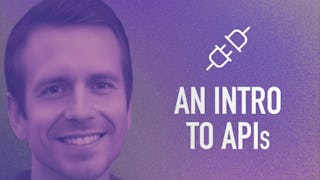 Status: Free TrialFree Trial
Status: Free TrialFree TrialSkills you'll gain: JSON, Application Programming Interface (API), Restful API, Web Services, Javascript, Web Applications, Hypertext Markup Language (HTML), Servers, Cascading Style Sheets (CSS)
4.9·Rating, 4.9 out of 5 stars13 reviewsIntermediate · Course · 1 - 4 Weeks
 Status: Free TrialFree TrialS
Status: Free TrialFree TrialSScrimba
Skills you'll gain: Responsive Web Design, HTML and CSS, Cascading Style Sheets (CSS), Web Design, Web Design and Development, Web Development, UI Components, Usability, Typography
4.5·Rating, 4.5 out of 5 stars15 reviewsIntermediate · Course · 1 - 3 Months
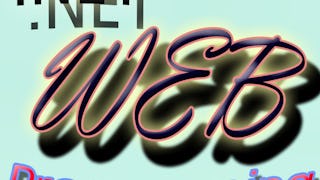 Status: Free TrialFree TrialX
Status: Free TrialFree TrialXXi'an Jiaotong University
Skills you'll gain: ASP.NET, .NET Framework, Web Development, Database Application, Object Oriented Programming (OOP), Web Applications, Javascript, HTML and CSS, Web Design, Data Access, Web Servers, Data Validation
4.7·Rating, 4.7 out of 5 stars6 reviewsMixed · Course · 1 - 4 Weeks
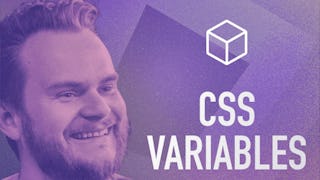 Status: Free TrialFree TrialS
Status: Free TrialFree TrialSScrimba
Skills you'll gain: Cascading Style Sheets (CSS), HTML and CSS, Front-End Web Development, Javascript, Responsive Web Design, Maintainability
4.6·Rating, 4.6 out of 5 stars11 reviewsIntermediate · Course · 1 - 4 Weeks
 Status: Free TrialFree TrialU
Status: Free TrialFree TrialUUniversity of California San Diego
Skills you'll gain: Digital pedagogy, Technical Communication, Digital Transformation, Cloud Computing, Big Data, Hypertext Markup Language (HTML), Cloud Storage, File Transfer Protocol (FTP), Data Science, Amazon Web Services, SQL, Databases
4·Rating, 4 out of 5 stars6 reviewsBeginner · Course · 1 - 3 Months
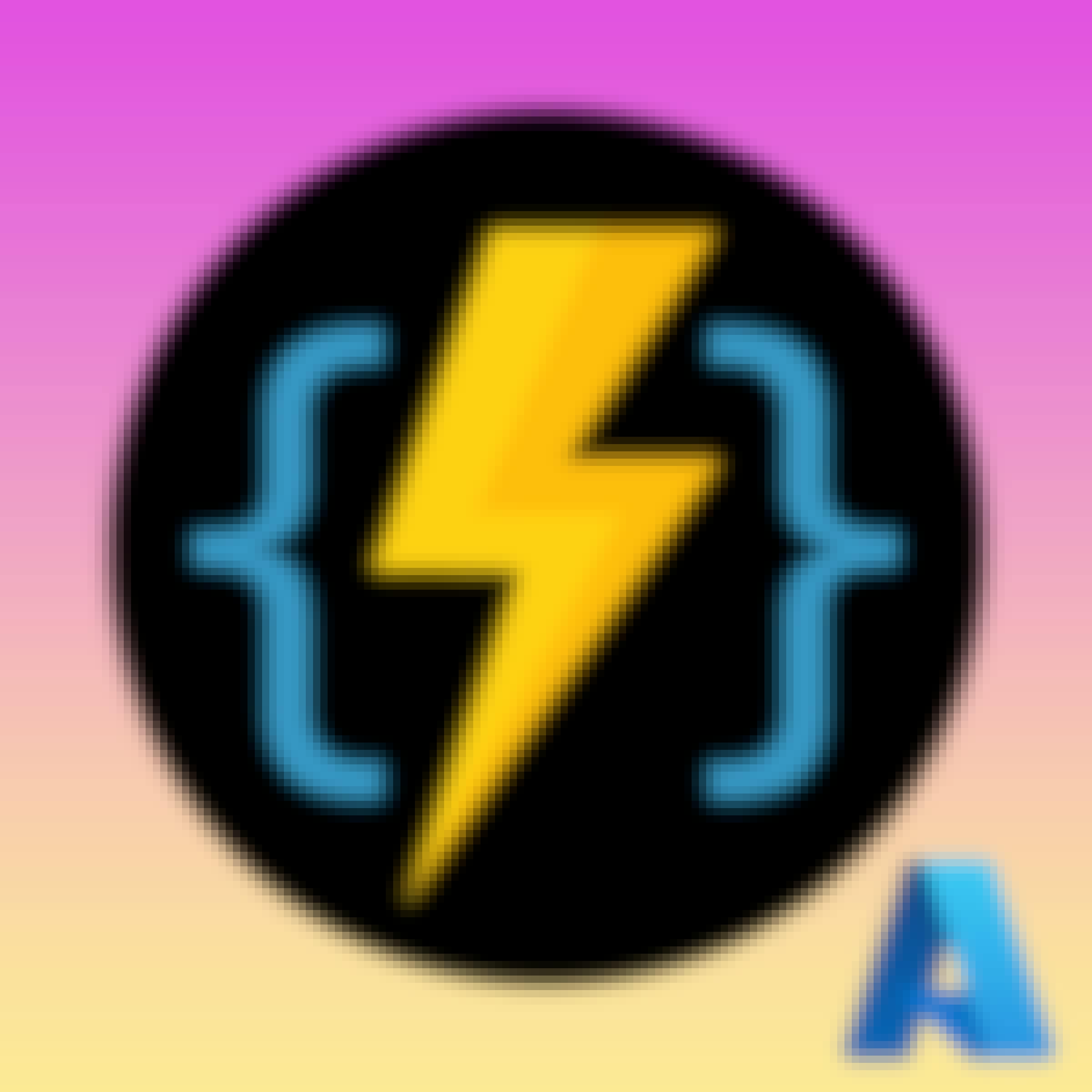
Skills you'll gain: Serverless Computing, Microsoft Azure, Microservices, NoSQL, Cloud Computing Architecture, Cloud Deployment, Front-End Web Development, Cloud Development, Hypertext Markup Language (HTML), Platform As A Service (PaaS), Software Development, Cloud Computing, Microsoft Visual Studio, DevOps
4.6·Rating, 4.6 out of 5 stars15 reviewsIntermediate · Guided Project · Less Than 2 Hours
 Status: NewNewStatus: Free TrialFree Trial
Status: NewNewStatus: Free TrialFree TrialSkills you'll gain: Responsive Web Design, Web Design, HTML and CSS, Bootstrap (Front-End Framework), Cascading Style Sheets (CSS), UI Components, Javascript and jQuery, Front-End Web Development, Hypertext Markup Language (HTML), Web Development, Browser Compatibility, Javascript, Typography, Web Analytics and SEO, Wireframing, Web Content Accessibility Guidelines, Logo Design
Mixed · Course · 1 - 4 Weeks
 Status: Free TrialFree TrialB
Status: Free TrialFree TrialBBoard Infinity
Skills you'll gain: Node.JS, Full-Stack Web Development, User Interface (UI), Application Deployment, MongoDB, Angular, Back-End Web Development, Front-End Web Development, User Interface (UI) Design, Web Design, Web Applications, Restful API, Secure Coding, Authentications, Authorization (Computing), Scalability
4.1·Rating, 4.1 out of 5 stars17 reviewsIntermediate · Course · 1 - 4 Weeks
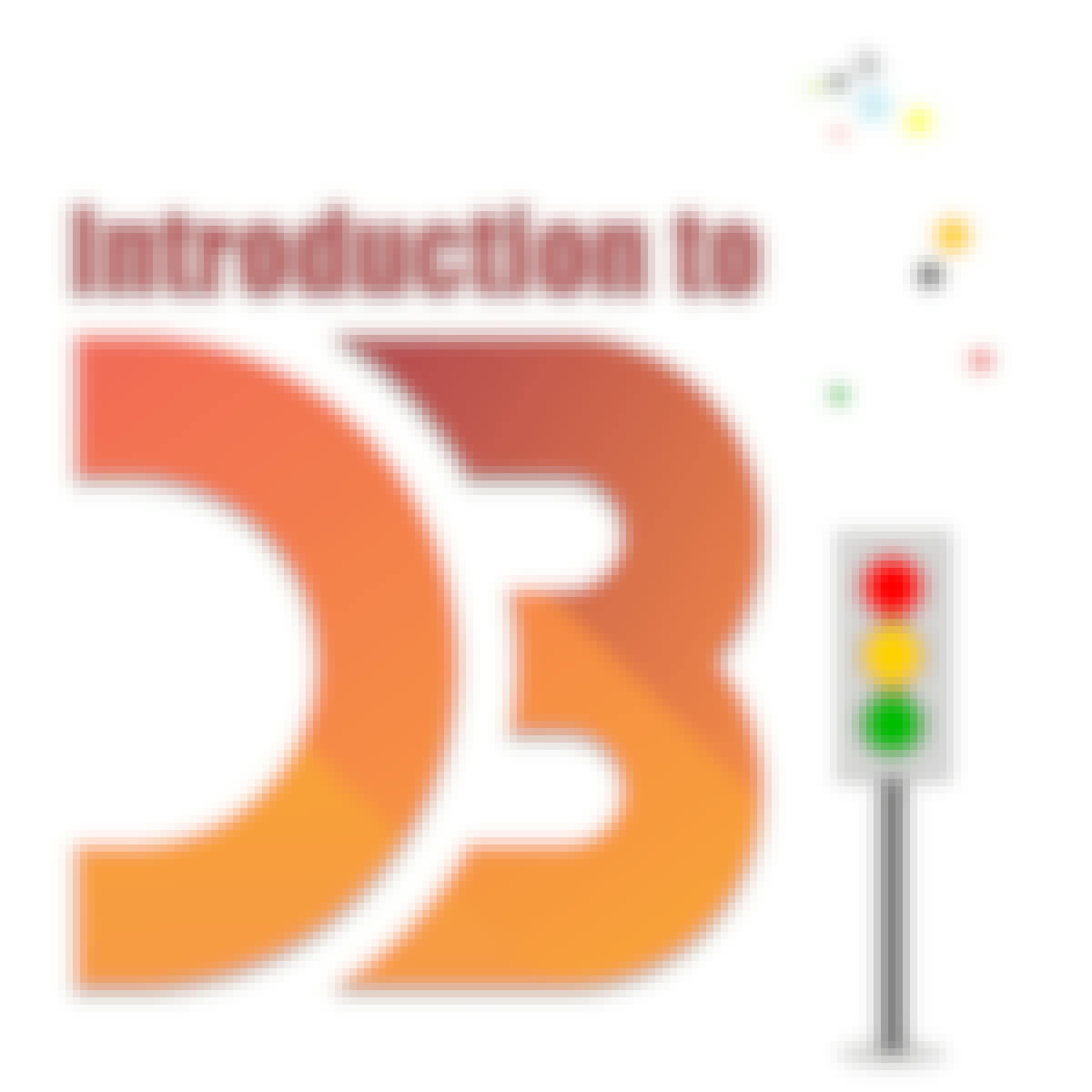 C
CCoursera
Skills you'll gain: Data Visualization Software, Data Visualization, Interactive Data Visualization, Visualization (Computer Graphics), JSON, Data Mapping, Javascript
3.7·Rating, 3.7 out of 5 stars7 reviewsIntermediate · Guided Project · Less Than 2 Hours
 Status: PreviewPreviewE
Status: PreviewPreviewEEmory University
Skills you'll gain: Rmarkdown, Knitr, Collaborative Software, Technical Documentation, Document Management, Technical Writing, Data Sharing, R Programming, YAML, Hypertext Markup Language (HTML), File Management, Cascading Style Sheets (CSS), Version Control
4.7·Rating, 4.7 out of 5 stars20 reviewsBeginner · Course · 1 - 3 Months
 Status: Free TrialFree Trial
Status: Free TrialFree TrialSkills you'll gain: Version Control, Test Script Development, Continuous Integration, Test Execution Engine, Test Tools, Automation, Scripting, Web Scraping, Hypertext Markup Language (HTML), Software Design Patterns, Development Environment, Integrated Development Environments, Debugging, Command-Line Interface, File I/O
4.6·Rating, 4.6 out of 5 stars24 reviewsBeginner · Specialization · 3 - 6 Months
In summary, here are 10 of our most popular html courses
- XHTML - Advanced Styling with CSS: EDUCBA
- API Basics 1: Build a Bot (Fetch, JSON & Async JavaScript): Scrimba
- Learn Responsive Web Design: Scrimba
- 基于.Net的Web开发技术: Xi'an Jiaotong University
- Learn CSS Variables: Scrimba
- Teaching Impacts of Technology: Workplace of the Future: University of California San Diego
- Creating Azure Serverless Functions in a Real-World Scenario: Coursera
- Build & Optimize Responsive Websites with HTML5 & Bootstrap: EDUCBA
- Building a Complete MEAN Stack Application: Board Infinity
- Introduction to D3.js: Coursera










